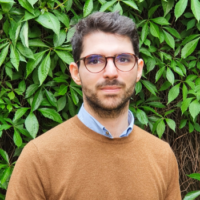This paper was originally published by the European journal of legal studies, 2019, Vol. 11, No. 2, pp. 65-103. Available at SSRN: https://ssrn.com/abstract=3365106
Abstract
The rise of the algorithmic society has led to a paradigmatic shift where constitutional liberties granted to online platforms have turned into newfound powers. This situation is not only the result of new technological developments but also of the recognition of the online platforms’ exclusive role in implementing an online public regulatory framework, as the cases of content management and the right to be forgotten online illustrate. Behind such delegated competences, online intermediaries can exercise sovereign powers over their online spaces through instruments based on private law and technology. In this scenario, the liberal constitutional approach adopted in relation to online platforms has played a crucial role in increasing the possibilities for these actors to affect individuals’ fundamental rights. This work will focus on two potential solutions to limit the extent of such private powers from a (digital) constitutional law perspective. The first will focus on the introduction of new user rights whose aim is to regulate online platforms’ decision-making processes and provide new legal remedies against such decisions. The insertion of new procedural rights in the online environment, including, for example, the obligation to explain the reasons behind platforms’ decisions, would be appropriate in order to reduce the opacity of automated decision-making processes and foster human awareness in the algorithmic society. The second solution will question the doctrine of horizontal effect in order to establish a mechanism to enforce constitutional rights vis-à-vis online platforms that operate in a global framework.

